I came to Delhi in 1987 piled on with my friend’s elder bro with a aristocrat suitcase in hand, heart full of hope, and face unmistakably stamped with the features that Delhiites and frankly, most of India have their own vocabulary for.
You know the type, the “Moho loud features”almond eyes, high cheekbones, a face that screamed to strangers not as “scholar,” “student,” or “civil servant” but a “momo wala,” “chowmein seller,” or worse, the dreaded ABCD acronym: Aya, Bawarchi, Chowkidar, Driver.
Let’s be real. It wasn’t always provocation that made me lash out in those days ,sometimes just a sideways glance was enough to ignite the fuse. Because what stung more than insults was the underlying assumption that someone who looked like me didn’t belong in the corridors of ambition or academia ,only in the background, serving, cleaning or guarding.
But here’s the twist. The loudest judgment often didn’t come from the city elites. It came from those who, like me, had freshly arrived …people from smaller towns, struggling to blend in, desperate to climb the invisible ladder of Delhi’s social elite themselves . To feel “big,” you had to make someone else “small.” And we, the “chinky eyed outsiders,” became their punchline.
Ironically, I found better camaraderie with those who came from good schools, diverse backgrounds or guys with real life exposure. They didn’t blink twice at where I was from. My accent wasn’t exotic to them , just part of my playlist. My face wasn’t foreign , just familiar in a different way… infact they were eager to borrow my Hara jeans or desperately trying to fit into my Liang’s boots or my text wood jacket … some could not even believe that i had two pairs of jeans pants where one was rear.
Back then, I fought…Verbally, physically, sarcastically. If you called me momo, I’d serve you verbal chutney hotter than Darjeeling red chili paste… the one we call Dalle. If someone sneered “chowmein,” I’d ask if they wanted that with extra spice and a side of their shattered ignorance.
Compared to folks from Nagaland or Manipur, where ignorant stereotypes label them as “dog eaters” or mock their love for fermented bamboo shoot …saying ‘how can someone eat something that smells like “sh*t” …I’ve seen firsthand how casual racism thrives in urban India. Our food, like our culture, isn’t for timid noses , it’s for open minds.
But like most things in life, time marinates perspective. Years passed. Fights faded. Laughter grew louder than anger. Somewhere along the way, I stopped reacting , not because it stopped hurting, but because I stopped letting it define me.
Now, as a father, I’ve passed the story to my daughters , with a twist of salt and sass.
“Remember,” I told them,
“People might call you ‘chinky’ they might think it’s clever. But you’ve got the eyes of warriors, poets and philosophers. And if anyone calls you momo, just smile and offer them some gol gappas or chole bhature in return. And if it still burns …auto uncle or litti-chokha specialist. But never feel inferior.”
Metros like Delhi are paradoxes. They’ll feed you Mughlai and manipulate your mindset in the same breath. They’re multicultural in malls, but monocultural in mentality. They preach diversity, but often don’t know what to do with a Darjeeling face that isn’t making Chai..
Still, metro life has a way of absorbing you. Slowly, you find yourself gate crashing and dancing at Punjabi weddings, bingeing on butter chicken and using those Abusive gali with perfect timing. At some point, I realized I’d become a bit of a Punjabi myself, emotionally at least. Loud in love, passionate in food, unapologetically expressive.
Today, I look back not with bitterness, but a quiet chuckle and a warm cup of Darjeeling tea. Forgiveness, I’ve learned, is not about excusing ignorance it’s about freeing yourself from its burden.
Delhi didn’t just test me. It reshaped me. It tried to typecast me and I rewrote the script.
Now when someone blurts, “Momo!” across the street i just wave, smile, and say, “Steamed or fried, bro or you like Kur Kure momo or a tandoori momo ?”
And now, the best twist of all?
The very thing they mocked…”Momo!”is now trending. From street carts to swanky malls, from college campuses to cloud kitchens, momo is no longer “exotic” it has become “essential.”
With chains like Wow! Momo, Lha kitchen, Dolma aunty, pan-India fusion stalls and steaming baskets everywhere from Noida to Nagpur, with tandoori momo to kur Kure momo, from momo to momos , momossss has become a livelihood, a lifestyle, even a little revolution.
Every corner stall, every muktu entrepreneur with a folding table and a big pot, is a quiet warrior, turning stereotype into sustenance. In a world where survival is no small feat, momo has become common currency. And for once, that’s a good thing….
And here’s the truth I rarely speak aloud.
I didn’t just come to Delhi. I fled to it.
Escaping the aftermath of the Gorkhaland agitation in Darjeeling, I carried a heavy heart and a heavier silence. I was a sensitive boy from the hills, trying to find a voice in a city that mistook my silence for smallness. Cracking the Civil Services not once, not twice, but three times was a fear I never even dared to dream of.
That journey, shaped by silence, resilience, and a hunger to belong, eventually led me into public service. Over the years, I’ve had the opportunity to serve in the Government of India for nearly three decades, including earlier years in the public sector. A graduate of Hansraj College, I’ve worked across ministries…Agriculture, Administrative Reforms, Power, Railways, Defence and Education and currently serve as Additional Secretary in the Central Information Commission.
My responsibilities have taken me through the lanes of finance, policy, vigilance and international cooperation. Along the way, I’ve represented India on various international platforms and participated in training programs across institutions like Sciences Po in Paris, the International Energy Agency, the Asia-Pacific Center for Security Studies in Hawaii, Civil Service College London, Public Administration International (PAI) London, the Asian School of Management in Manila and MDI Gurgaon.
Every exam, every rejection, every acceptance, it wasn’t just a mark of merit, it was a reclamation of identity. From refugee of unrest to architect of my own destiny. Life, I’ve realized, isn’t perfect, it’s a utopia in motion , and the idea is not to reach perfection, but to get as close as we can, with courage, humour and hope.
In all this, I’ve never forgotten where I came from or why I came. And I’ve never stopped believing that leadership is about humility, integrity, and impact not showmanship.
To all the hill kids stepping into metro cities ,remember, your identity is not a stereotype, it’s a story. Own it. Laugh with it. Challenge with wit. And above all, don’t let someone else’s limited view reduce your vast horizon.
Delhi taught me that you don’t need to shout to be seen. Sometimes, just being yourself, unapologetically, sometimes even laughing at your self is the loudest thing you can do.
Jai Hind!!
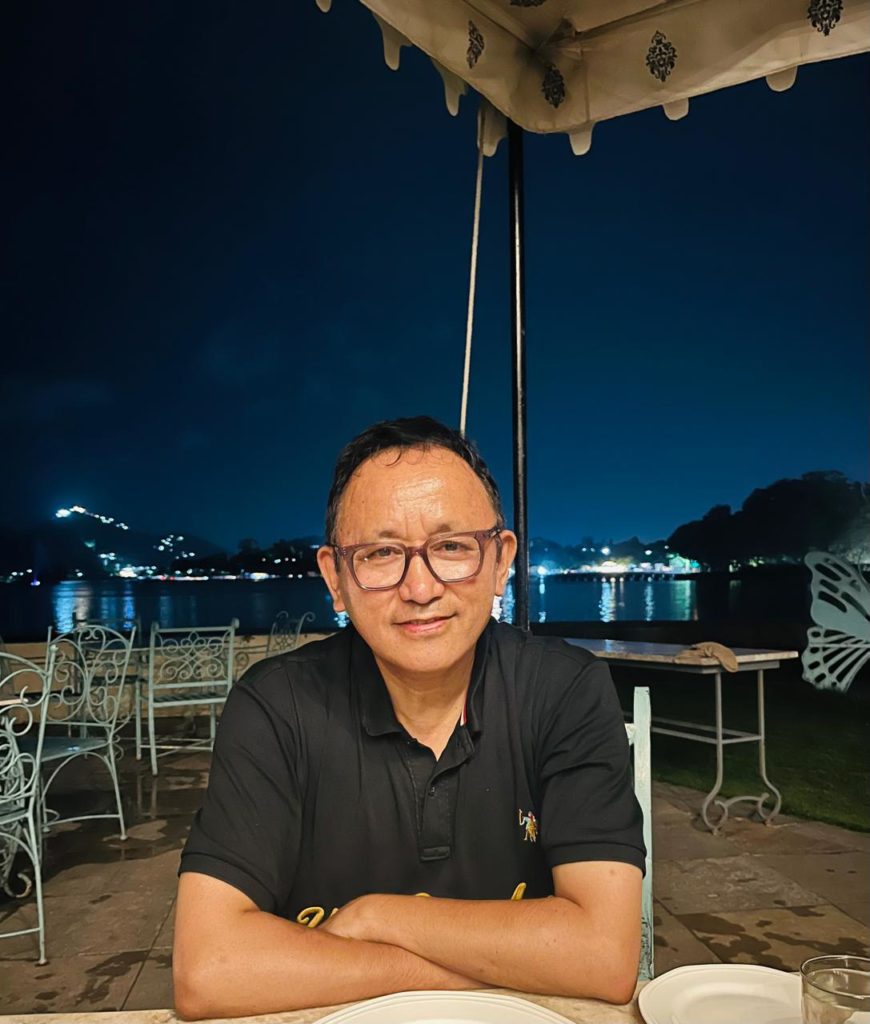
The author Pemba Tshering Bhutia, is a civil servant with over 27 years of unblemished service in the Government of India and 5 years in the public sector.

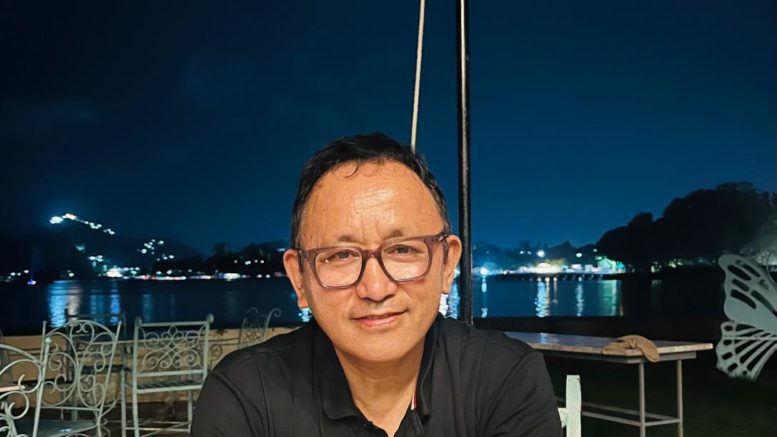
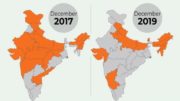
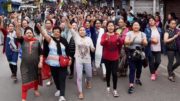
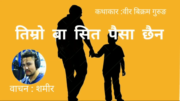
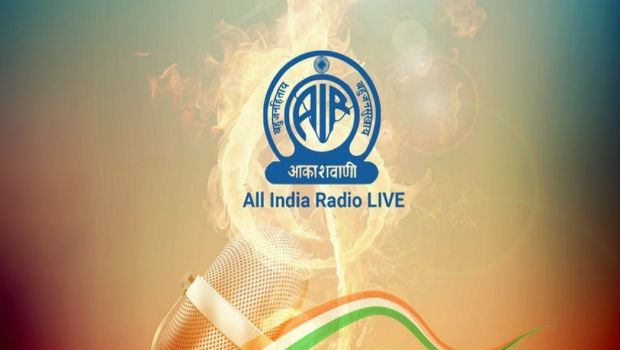
Leave a comment